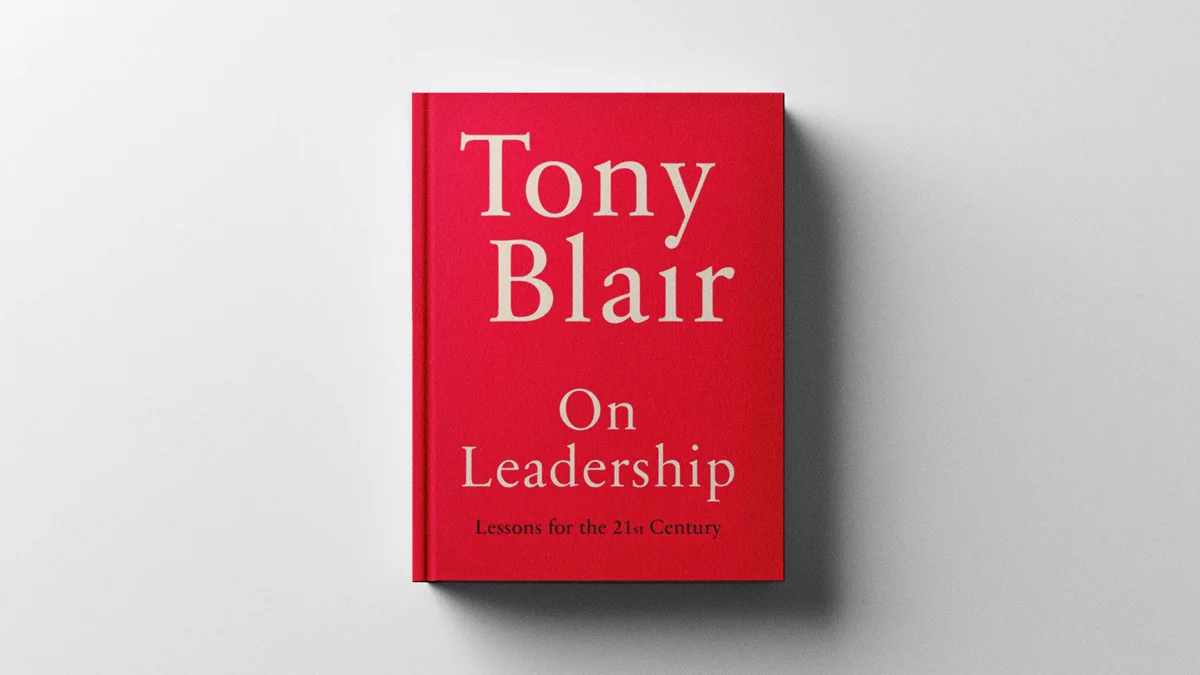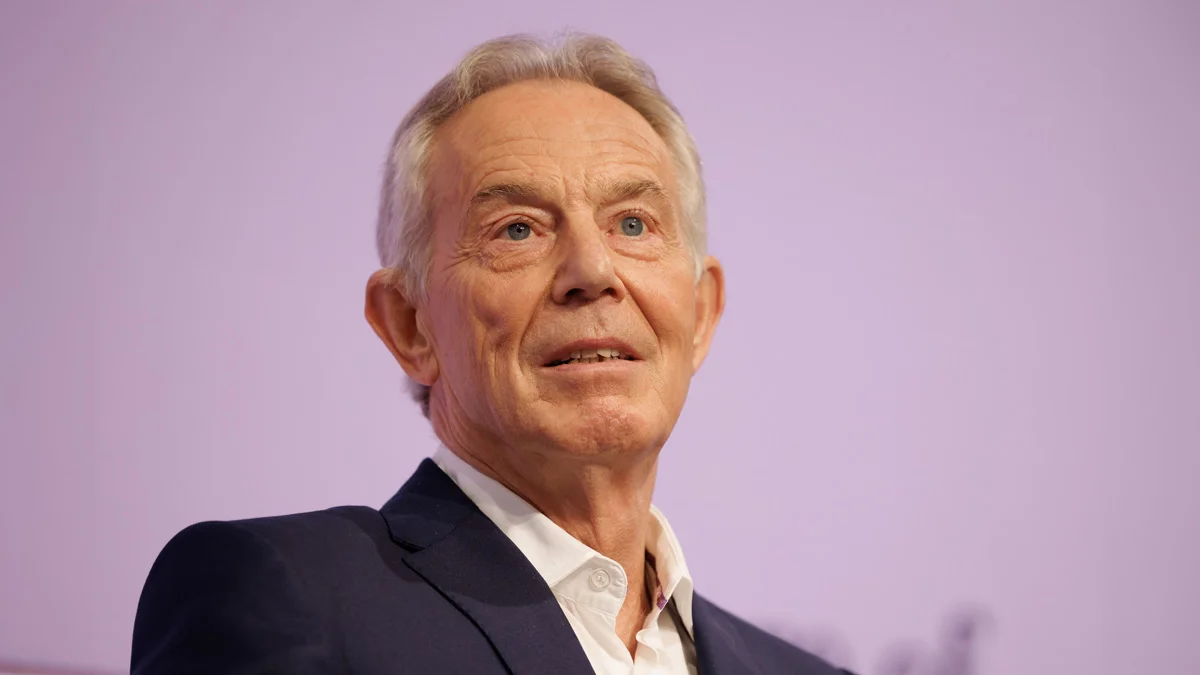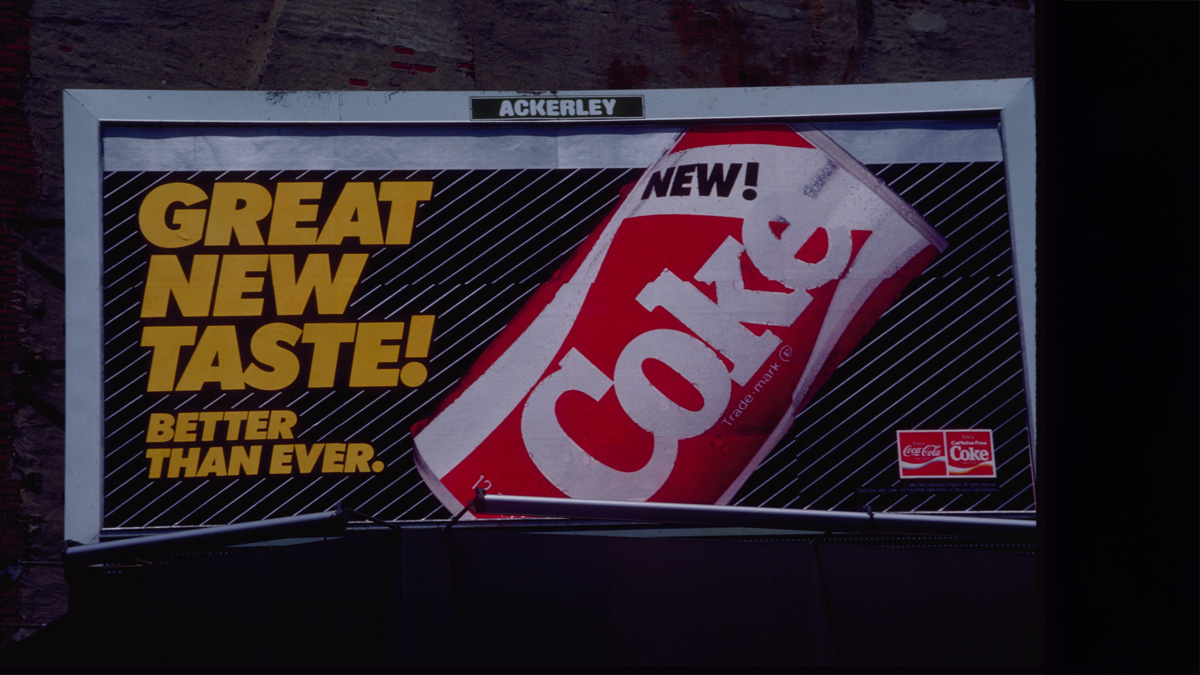
Tony Blair’s new book On Leadership asks how “a leader” can become “A Leader” – with the concept of achieved leadership not only capitalised but almost divinised. As the 18th century searched for the natural laws underpinning truth, Blair seeks to illuminate what elevates people who merely hold high office from those who achieve true leadership.
Blair is surely right that a leader without a world view, unanchored and lacking strategic vision, will be tossed around by circumstances. But what is so interesting about Blair, as the book reveals, is that he holds two very different world views equally strongly. That tension powered his success, but it also opens him up to difficulties.
This is not an autobiography (it’s much more revealing). Because On Leadership is focused on ideas rather than people or events – especially how ideas inform decisions – Blair doesn’t tell us what kind of thinker he is, he shows us. It’s intellectually unguarded, which pays the reader a deep compliment.
Two people emerge from the book, each with a distinct authorial voice. The first voice is at ease with unpopularity, reveres effectiveness, understands the inevitability of trade-offs and constant negotiation, knows that while technology gallops ahead, human nature is unchanging and largely unchangeable, and admires the superior air of public figures who see through campaign slogans and really get things done. We have a concept for the type: practical and non-ideological conservatives.
The second voice thrills to the wonders of the future. Let’s not get gloomy, technology is the real game-changer. No more faffing around with zero-sum political games – here comes AI! Unleash the genius of future potential. Lift ourselves above petty squabbles. “The new answer lies in embracing fully the potential of technology to transform.” (To see how this world view operates, substitute the word “technology” for one of its previous iterations such as “education”.)
When faced with a gap between the two world views, Blair glides over the top. There are times when an incompleteness, the missing clause, makes something that’s almost profoundly true almost profoundly untrue.
He perceives the origins of ‘populism’ as a simple backlash against a lack of government efficacy: “It really isn’t complicated. If conventional democratic politics doesn’t seem to work, the person promising the biggest shake-up, creating the most stir, provoking the most outrage among the conventional, succeeds.”
What’s missing here, the second factor, is a convenient omission: while mainstream politicians have been getting worse at delivering outcomes, they have been getting better at “messaging” and delivering promises. The hyper-professionalisation of mainstream political communication has exerted an amplifier effect on the trust deficit. The logic follows – for the reader if not for the writer – that a leader is more likely to become “A Leader” if they are prepared to risk losing to deserve victory, especially by bringing forward uncomfortable truths.
Here’s another connected example. Blair glosses over manifestos as mere selling documents: of course they aren’t going to be made real! But that doesn’t matter, he explains, what matters is your record of achievement. It’s not the insight but the lightness of the admission that stays with you. Being so untroubled about what he perceives as necessary accommodations with dishonesty invites the slide into scepticism about his deeper relationship with the truth. Where does sanguine worldliness trip into genial cynicism?
Language is always revealing, and the undulations of Blair’s prose style provide a window into his dual worldview. When he’s facing the future, waxing lyrical about tech and AI, the sentences settle into tasty nuggets of optimism. No room for qualifiers. The future is bursting through. He’s speaking to us. With us. Now. And we hear the echo of the man who once sought our vote. Ingenuity bordering on credulousness make for an epic sales deck. But does acknowledging the world-class salesman make us doubt the world-class statesman? Blair seems open to inviting the question.

When he is reflecting on difficulties and experiences that he has seen and lived in the political world, taking time to acknowledge both sides and find room for context, the sentences lose their pithy impatience – there’s no rush to box things off or tidy them up, because the truth is always nuanced and deserves time and space to breathe.
The tension between the two men, the rosy futurist and the clear-eyed pragmatist, is what makes him such an unusual politician. Without seeing the world as it is, he wouldn’t have moved so easily through it. Without being too easily (in my view) persuaded that the world could be so much better – and soon! – then he wouldn’t have been so good at winning elections.
It’s also intriguing that Blair usually favours the term “governance” over “government”, or even “power”. He defines “the central challenge of governance” as “getting things done.” Is it? I thought that was the central challenge of executive power. Doesn’t governance carry with it the implication of oversight more than just execution? Isn’t governance more a framework for decision-making and then reviewing how those decisions were made? Perhaps fussing about language marks me out as simultaneously undemocratic and unbusinesslike. Use of the term governance has expanded exponentially in recent years: if the people want governance, give them governance!
I finished the book mulling two questions. First, if the younger Blair had read the older Blair’s book, how would it have changed his approach to seeking and executing power? Towards coolness (as in colder, not trendier); a greater preparedness to manage his reputation downwards as well as upwards; a willingness to spell out the downsides within policies and decisions – earlier and louder.
The second is a decision all writers face: the question of form. A couple of brisk and highly transferrable later chapters echo the style of Machiavelli’s The Prince. It’s not a long jump from Machiavelli’s phrase Whether it is better to be loved than feared to Blair’s It’s better to be respected than loved, feared or “trusted”. But Blair’s book is 330 pages; Machiavelli’s more like 100.
One chapter is titled Protect Your Legacy. And if Blair had condensed everything he knows about leadership into 100 pages, he would have guarded his legacy with the ultimate protection: a timeless book.
Ed Smith is director of the Institute of Sports Humanities and the author of Making Decisions
Related and recommended

Fashion entrepreneur Dessi Bell explains why customers are looking for something different when they shop on the high street

Think assistants are just admin managers? Think again. They might be your greatest business asset

The home appliances inventor and entrepreneur explains what he’s learned from sponsoring Brentford FC

An ill-fated product launch 40 years ago became one of the biggest marketing blunders ever and still holds lessons today

